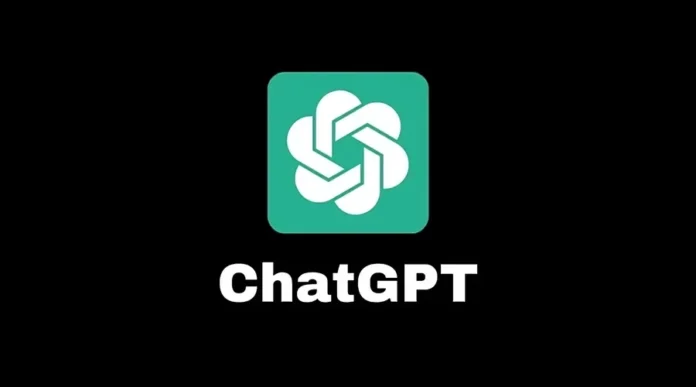OpenAI has introduced a game-changing feature in ChatGPT that allows it to use your past conversations to make web searches more personalized and contextually accurate. This innovation significantly enhances the AI assistant’s usefulness by tailoring responses based on your previous interactions. If you’re someone who frequently chats with ChatGPT and uses it to browse or research online, this new update will feel like a major upgrade.
Understanding the New ChatGPT Feature
The latest ChatGPT enhancement is part of OpenAI’s continuous effort to improve the user experience through smarter AI capabilities. This new feature leverages your past chat history (only if you’ve enabled the option) to provide more relevant answers when performing web searches. Essentially, ChatGPT remembers your previous queries, preferences, and style of interaction to deliver tailored search results.
For example, if you often ask about electric vehicles or smartphone reviews, ChatGPT will prioritize that context when you search for related terms. This means quicker answers, fewer clarifications, and a more intuitive conversation.
How It Works
This functionality works in conjunction with the web browsing feature available in ChatGPT Plus, powered by GPT-4-turbo. When you ask a question that requires fresh information from the web, ChatGPT consults your conversation history to frame better search queries. This allows it to pull more relevant and accurate information from the web.
Here’s how it works in practice:
- You previously asked about budget smartphones.
- A week later, you search for “latest phones under 20k.”
- ChatGPT remembers your preference and suggests articles and results that align with what you liked last time.
This feature mimics how a human assistant would recall your preferences over time, providing continuity and relevance in ongoing conversations.
Privacy and Control
Understandably, privacy is a major concern. OpenAI has addressed this by giving users full control over their data. The feature only works if chat history is enabled. You can turn off chat history at any time, which will disable the feature and delete stored information. Additionally, OpenAI has implemented strong encryption and access controls to protect your conversations.
For users who prefer not to have any personalized suggestions, the feature can be completely disabled from the settings menu.
Why This Matters
Personalization is the future of digital tools, and this new ChatGPT capability is a big step in that direction. By remembering your context, it eliminates repetitive clarifications, speeds up information retrieval, and makes interactions feel more natural and human-like.
For professionals, students, or anyone using ChatGPT regularly for research or productivity, this means a more streamlined experience. Whether you’re building a business plan, planning a trip, or just looking for recommendations, ChatGPT now offers smarter assistance than ever before.
Final Thoughts
OpenAI’s update to use past chats for smarter web searches shows how AI assistants are evolving to become more intelligent and human-aware. As personalization becomes a standard expectation, this move puts ChatGPT at the forefront of AI-powered productivity tools.
With privacy settings that offer full transparency and control, users can enjoy the benefits of a more intuitive AI without compromising their data security. This is not just a cool feature—it’s a glimpse into the future of AI interaction.



